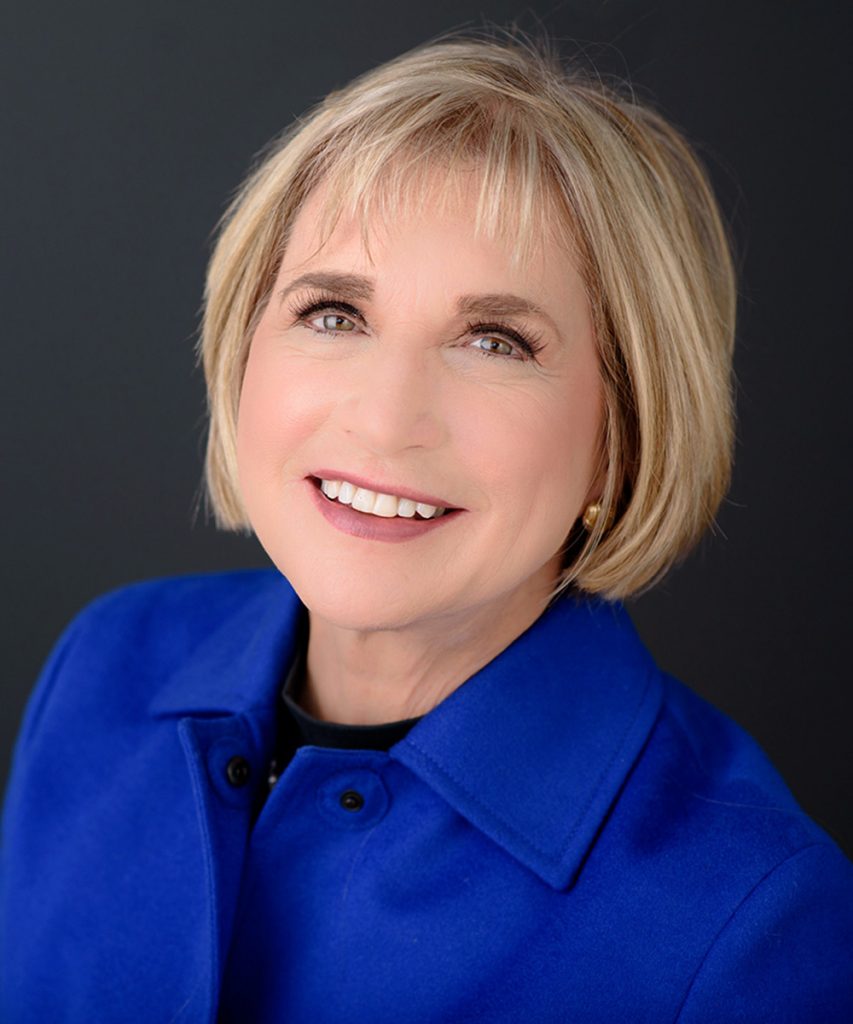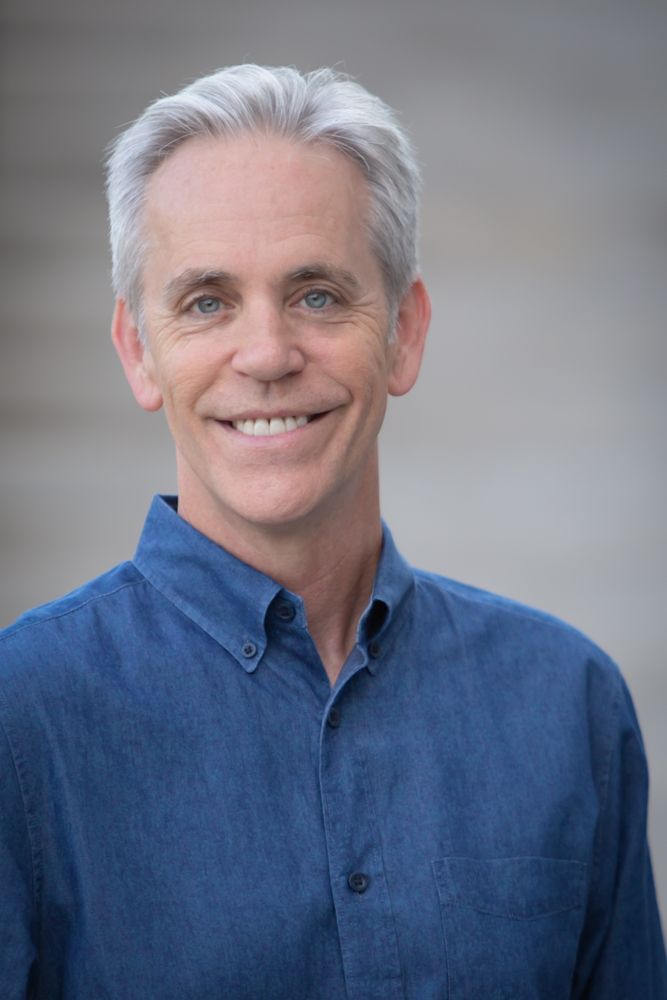In the midst of the COVID-19 coronavirus pandemic’s initial onset in March 2020, the reverse mortgage industry – like many other businesses – was unsure about how exactly the deadly virus would change the dynamics of the reverse mortgage business and its operations. Now, after nearly two years of dealing with the pandemic, the reverse mortgage industry has seen steadily increasing levels of annual volume as more seniors chose to either explore reverse mortgage options, or – as is the case with half of volume in 2021 – refinance an existing loan.
One group of industry leaders with unique insight into how the dynamics of the pandemic have affected the reverse mortgage industry is RMD’s 2021 class of “Changemakers,” industry players selected for recognition due to their commitment to change the way reverse mortgages – and more broadly, retirement itself – is done in the United States.
Each of the four Changemakers shared perspectives about what they have seen as the biggest effects of the pandemic on the reverse mortgage industry.
Reverse mortgage industry resiliency proved by COVID-19 pandemic
The COVID-19 pandemic has touched every corner of the reverse mortgage business, but one thing that is clear is that industry resiliency has been proven by the limitations brought about by the situation according to Shelley Giordano, director of enterprise integration at Mutual of Omaha Mortgage and co-founder of the Academy for Home Equity in Financial Planning at the University of Illinois Urbana-Champaign.
“[The industry has proven] incredibly resilient,” Giordano says. “I can only speak, really, from our experience at Mutual Omaha. On March 13, 2020, our processing team went home with laptops, and they’re still there. They have done an unbelievable job. They have risen to the occasion like you can’t even believe, and I think about how a lot of them were young moms. They were home with their kids, young children and were trying to help their children in their schooling. They just nailed it. They really did such an unbelievable job.”
For a company that is already leaning into its technological strengths, the COVID-19 pandemic helped to exemplify how reliable those systems are with largely positive results. This is according to Scott Gordon, founder and CEO of Open Mortgage.
“We were a pretty distributed company, so it was relatively easy for us to jump over to everything being Zoom calls,” Gordon says. “I thought it was an opportunity for the industry to learn how much faster we could change if we had to. So, that reinforces the idea that everything doesn’t have to move at a snail’s pace.”
While from an operational perspective the impact on Open Mortgage appears to be minimal, harder to determine a posture for is the attitude surrounding workers. That became even truer considering the ways in which discourse about COVID-19 has developed over the past two years, Gordon says.
“The human side of it is hard, because this pandemic took on a weird, pseudo-political attitude about what people thought of it,” he explains. “So, I think that stressed systems a little bit.”
Reverse mortgage origination, financial advisors during COVID-19
One of the things which generally surprised Giordano is the surprising ease with which seniors were able to adjust to the new environment of digital meetings, she explains.
“Over on the side of the originators, I think the biggest surprise was that seniors are perfectly okay with Zoom, and it’s not because we taught them Zoom,” she explained. “It’s because their grandchildren taught them Zoom. [When they figured out how to] have a family get-together, [families would get grandparents] set up on Zoom.”
For the past couple of years, several reverse mortgage industry players have reported similar instances of surprise when describing the adaptability that clients have toward the adjustment to virtual meetings. It’s not only limited to originators and clients, however, as financial planners have also managed to both adjust and thrive to the pandemic’s business realities, she says.
“We even see this with the financial planning end of things: people don’t want to get out on the beltway and drive to see their financial advisor, or the financial advisor doesn’t want to get on the beltway and go see his or her clients,” Giordano says. “Everybody is just tickled to death about being able to do their business remotely, but it’s not remote because you’re sitting there looking at each other.”
Additionally, when it comes to financial planners, many who are in contact with Giordano have described increased levels of productivity in relation to meeting reverse clients, she says.
“A couple of weeks ago, when I was sitting in Omaha, one of the financial advisors from Mutual of Omaha based in the DC area said that he used to be able to have three conversations a day between getting out on the highways and going to see his clients,” Giordano says. “Now, he said he sees seven or eight people a day via Zoom, and the conversations are deep and productive. So, he has no reason whatsoever to go back to the office.”
Surprising jumps in productivity, a ‘new normal’
Several major media outlets have reported on the desire for employees to have more options whne it comes to interfacing with work, and Giordano finds it heartening that it appears many companies in the financial space are heeding the calls of workers without major hits to productivity.
“In reading papers like the Wall Street Journal, and what Mutual of Omaha is seeing is that workers have said, in massive numbers, that they want more flexibility at work,” she explains. “We can see what the biggest companies out there are saying: we hear you, and you got it. You want this flexibility, and we don’t see any reason for you to be out on the highway two hours out of every day. Maybe you’ll need to come to the office a little bit, but the world is just connected in a different way now and I think it’s great.”
At Open Mortgage, one of the more unfortunate realities of the COVID-19 pandemic was the necessity to dial back recognition for top producers in order to ensure their safety, Gordon says.
“We have a president’s club for top producers and we were supposed to be in Mexico [late last year], and we canceled because we didn’t want somebody getting sick,” Gordon explains. “The fourth wave is coming down now, but there are still a lot of people sick. So, certainly like other people, we’re tired of it. And I’ll be really happy when we can get – as I say, back to normal – but back to whatever the new normal is. It did speed us up in some ways.”
Read the 2021 Changemakers interviews with both Shelley Giordano and Scott Gordon.







